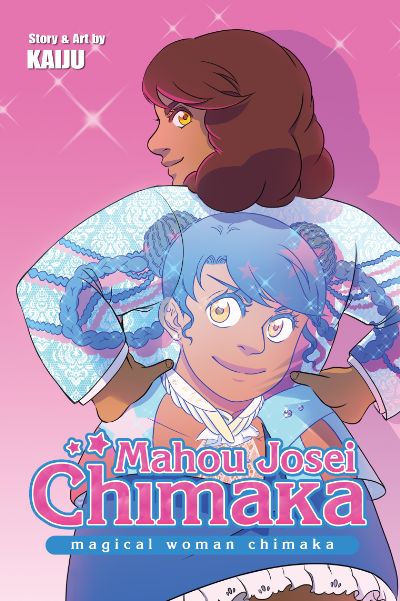Once, she goes to her cousin’s Ali’s party. Ali is her cool, rich cousin who is very gay and seems to manage an underground–not so hidden–empire of queer safe spaces and illegal contraband. During the party she meets Parveen, who she befriends, and from Ali she learns that Parveen is transexual (that’s what’s written in the book–I would just say trans). She starts seeing a way for her to be legally with Nasrin–but can she do it? Can she become a man when she very much feels like a woman?
Sahar is a cis lesbian, not a trans straight man. This story felt very real however. I knew someone whose parents were originally from Iran, and they would have rather she transitioned than be with a girl as a girl, even though they were not in Iran anymore. Small things, like the mention that divorce is legal, the contraband, the dress-code and curfew and how people are in private vs in public sets a realistic picture for this story.
As far as characters, I liked Ali, because while he could be quite crass and pushy, he was also caring. I liked Parveen too, and I’m glad Sahar made a friend. Most times I did not like Nasrin, but I understood her even though it felt quite unfair. Their roles of adventures and conservative were switched, at least in certain things, mid-way through the book while Sahar starts getting into Ali’s world–her world. The daring Nasrin follows conventions and the quite Sahar, breaks them.
I felt that the writing was too simplistic in the beginning. However, than I got hooked to the story and didn’t analyze it later on.
While the ending isn’t a ‘happily ever after’, there is some kind of closure and the connection between the characters will undeniably always be there. At least there’s not the kill-the-gays trope! Through their actions, the different queer characters were trying to avoid just that. It’s not safe to be yourself everywhere and while sometimes there is the option of leaving–leaving means abandoning your family, your culture and your place. It was heartbreaking but there is hope.



